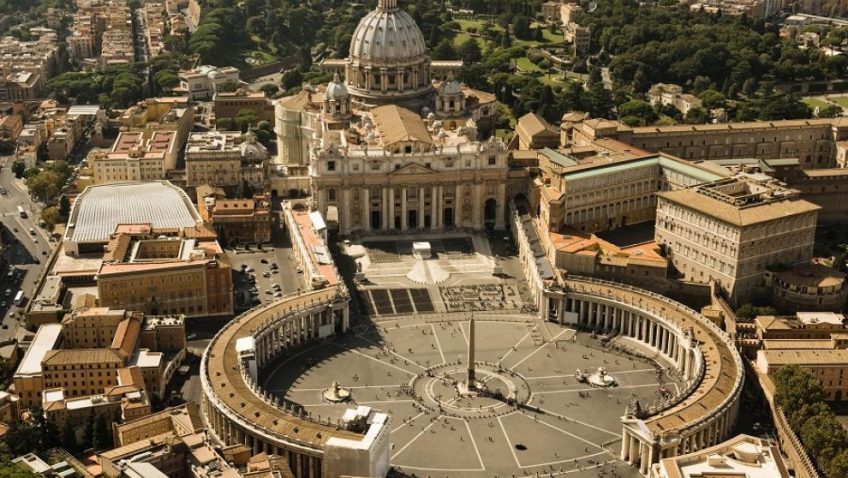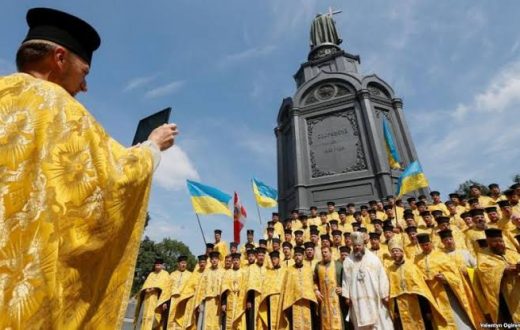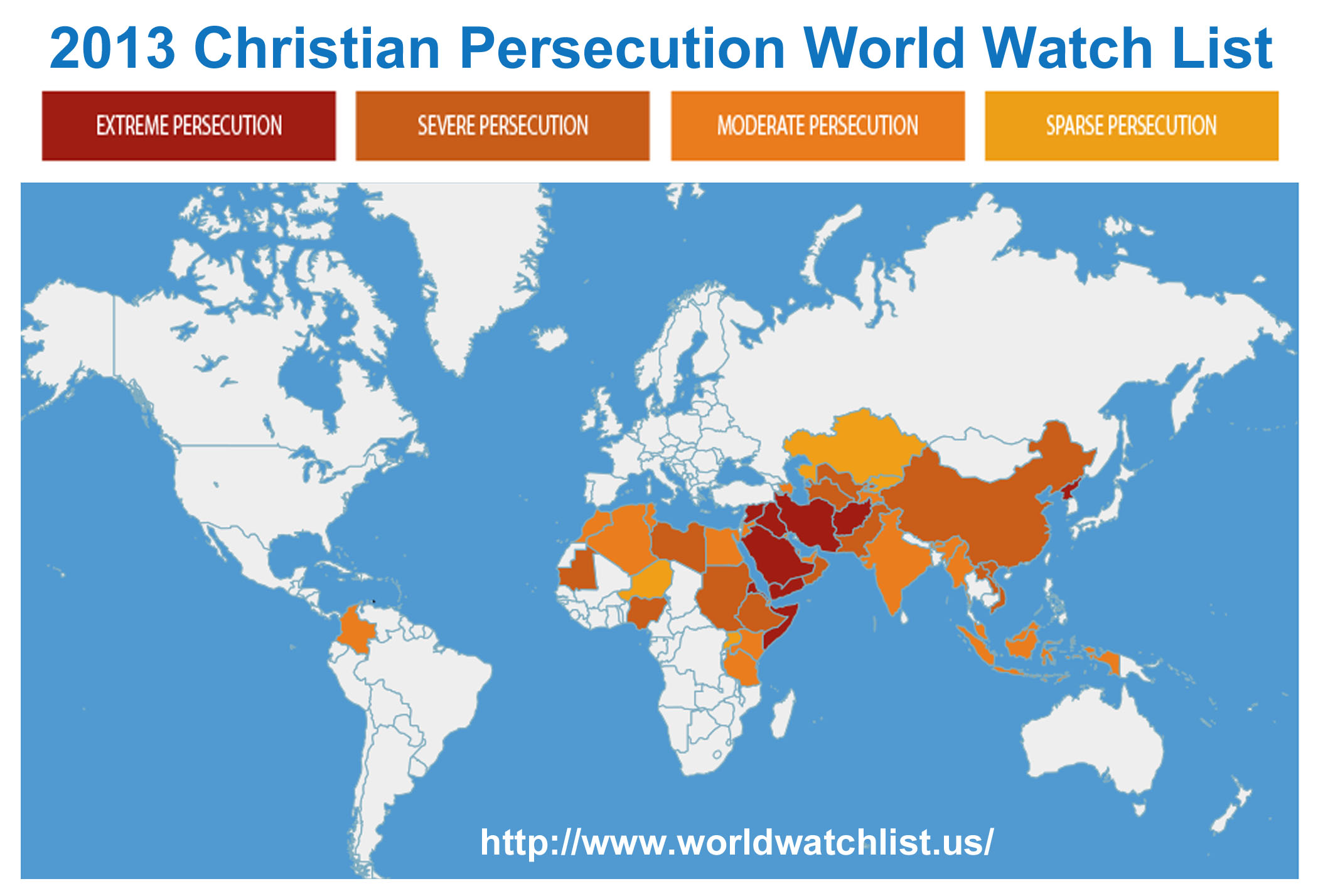The upcoming episcopal conferences scheduled to be held in February envisaged to be a crucial step in the Church’s struggle to regain its credibility tarnished by the slew of child abuse cases. The organizing committee (composed of the Cardinal of Chicago, Blase Cupich; the Cardinal of Mumbai, Oswald Gracias; and two experts on abuses from the Vatican, the archbishop of Malta, Charles Scicluna, and the Reverend Hans Zollner) has sent letters to the episcopal conferences urging them to participate in the upcoming event. Many churches were aware of such cases happening, yet, turned their backs upon victims and pretended said acts never occurred, inhibiting the church’s credibility. Hence, It will be compelling for the Church to address the issues of prevention and abuse of minors in this conference.
Before the event takes places, victims and church members will gather to listen to church victims and gain first-hand insights into the trauma caused by the abuse. These meetings are meant to help to develop an overview on what needs to be reformed and what needs further discussion at the conferences. Within the framework of responsibility, accountability and transparency, a communitarian and comprehensive response is aimed to be elaborated during the conferences. A few countries, such as Germany, Ireland and the United States, have already made significant progress investigating this matter, while others, like Spain, still remain in inquiry stage.
The Vatican will not only have to question the Padres, but will also have to investigate other members of the Church in view of the scandal of bishop McCarrick. In fact, on December 19th, the Vatican publicly exposed the Los Angeles bishop auxiliary who was accused of misconduct in the 90’s which entailed the auxiliary’s resignation. This move has exemplified the church’s intention to support and approach victims. It was only very recently that the higher ranks in the institution’s structure such as bishops have been subject to the same degree of vigilance as the priests accused of abuse. Moreover, this situation also reflects the fact that many bishops continue to deny the magnitude of the problem. In 1995 the University of Salamanca conducted a study that posits that 20 % of the 2000 participants were sexually abused, of which 4% of the perpetrators were church members.
Due to the poor management of certain cases like Chile, where the victims were discredited, the Vatican is seeking to improve its communication channels to ensure that all victims have a say regarding this problem. Certainly the Roman Catholic Church is facing the biggest political crisis since the Reformation era in the 16th century. These scandals are jeopardizing its credibility as a holy institution and will hinder the allegiance of new followers. The only solution for the Vatican will be to design a thorough prevention policy to ensure the safety and well-being of minors as well as to process all filed accusations against church members and dismiss them if found guilty. The future of the church remains uncertain, but the trust of its followers can only be regained once they take serious actions regarding this matter.








